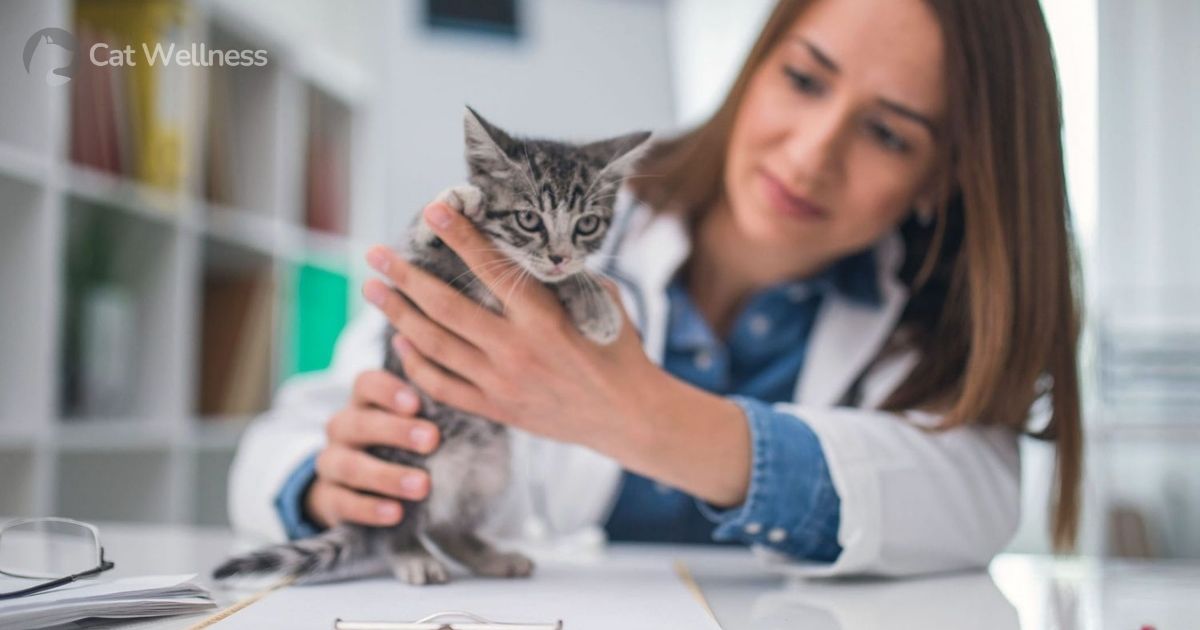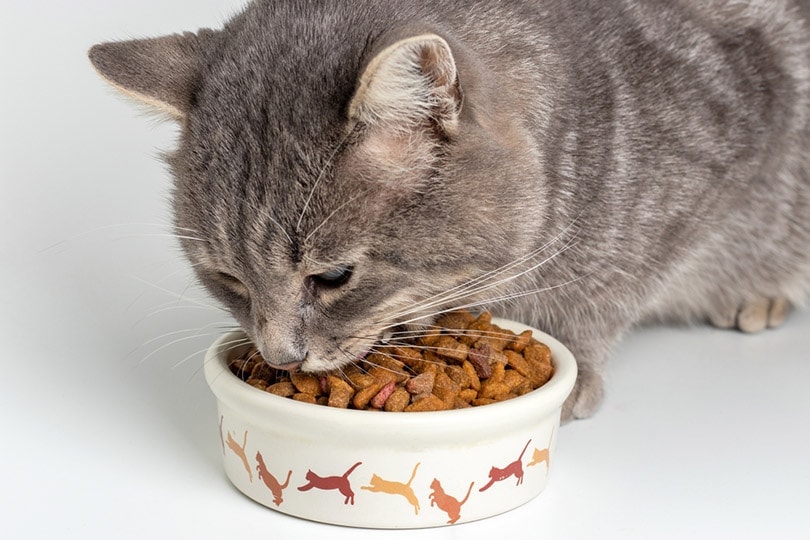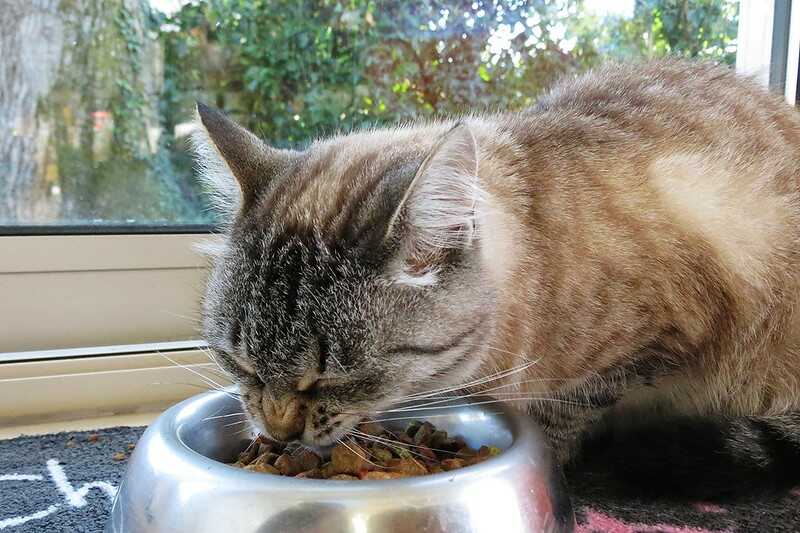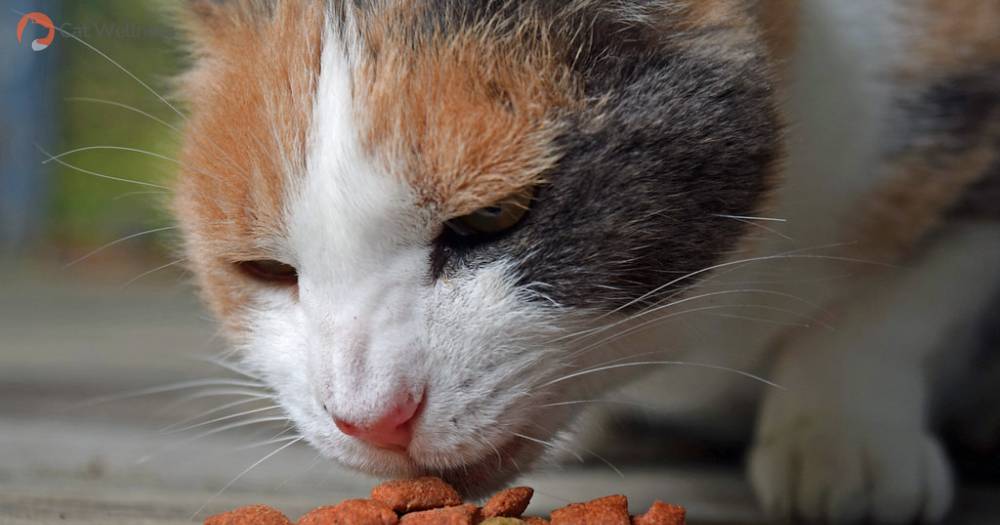Pet parents cherish their furry companions and do everything to ensure their health and well-being. The mere thought of our four-legged family members undergoing surgery can be unsettling.
There may come a time when our feline friends require veterinary surgeries. So, being well-informed about cat surgery is crucial for a feline parent. This knowledge helps us make informed decisions and provide the best post-operative care.
Here, we will talk about the essential knowledge that cat pet parents should have about common animal surgeries.Let’s get started!
- Understanding the Different Veterinary Surgeries
- Choosing the Right Veterinarian
- What to Expect Before the Procedure
- Anesthesia and Monitoring
- Risks and Complications
- Ensuring a Smooth Recovery
- Recognizing Signs of Pain and Discomfort
- Keeping Wounds Clean and Safe
- Rehabilitation and Physical Therapy
- Follow-Up Appointments
- Learning From Veterinary Online Education Platforms
- In Conclusion
- FAQs
Understanding the Different Veterinary Surgeries
Vet surgeries for cats can range from routine procedures like spaying and neutering to more complex surgeries such as orthopedic or cancer-related surgeries.
Choosing the Right Veterinarian
Selecting the right veterinarian is paramount. Look for a skilled and experienced surgeon who specializes in the specific type of surgery your cat requires.
To make an informed decision, seek referrals, read reviews, and consider consulting with multiple veterinarians.
What to Expect Before the Procedure
Your veterinarian will provide guidelines for pre-surgery preparations, which may include:
- Fasting your cat for a certain period
- Discontinuing certain medications
- Ensuring your cat is up to date on vaccinations
Following these instructions is crucial to ensuring a smooth surgery.
Anesthesia and Monitoring
During surgery, your cat will be under anesthesia, which can be a concern for many pet owners. After administering anesthesia, your veterinarian will closely monitor your cat’s vital signs throughout the procedure.
Risks and Complications
While surgical procedures are generally safe, there can be risks and complications. So, it’s important to have an open conversation with your veterinarian.
This will help you understand potential complications, their likelihood, and the steps they’ll take to minimize them.
Ensuring a Smooth Recovery
A successful surgery isn’t the end of the road; the recovery phase is equally important. Your veterinarian will provide detailed post-operative care instructions, including:
- Medication schedules
- Activity restrictions
- Signs to watch for any complications
Recognizing Signs of Pain and Discomfort
Cats can’t express their pain the way humans do, so it’s essential for pet parents to recognize signs of pain or discomfort in their furry friends.
The indicators of post-operative discomfort include:
- Lethargy
- Changes in appetite
- Restlessness
Keeping Wounds Clean and Safe
Infections can pose a significant threat during the recovery phase. It’s vital to keep the surgical site clean, as directed by your veterinarian.
Besides that, monitor for any signs of infection, such as:
- Redness
- Swelling
- Discharge
Rehabilitation and Physical Therapy
For orthopedic or more complex veterinary surgeries, rehabilitation and physical therapy may be necessary.
These therapies can help your cat regain mobility and strength, speeding up the recovery process.
Follow-Up Appointments
Follow-up appointments are essential for tracking recovery and making any necessary adjustments to the treatment plan.
Therefore, your veterinarian will schedule follow-up appointments to assess your cat’s progress and ensure that the surgery was successful.
Learning From Veterinary Online Education Platforms
In today’s digital age, the field of veterinary medicine has embraced online education platforms. Now, not only aspiring vets and professionals but also pet owners can access valuable learning resources.
These platforms offer a wealth of knowledge, enhancing our understanding of animal health and care. Online education platforms, such as Vet and Tech, offer a wide range of veterinary learning resources, from basic pet first aid to in-depth knowledge of veterinary surgeries and disease management.
In Conclusion
Being a responsible and informed feline parent means knowing what to expect when your furry friend requires veterinary surgeries.
Knowledge about the types of animal surgeries, selecting the right veterinarian, pre-surgery preparations, and post-operative care is invaluable.
If you want to delve deep into cat surgery, you must visit Vet and Tech – An online veterinary education platform with various veterinary learning resources for both pet owners and vet professionals.
FAQs
What to Do to Find a Vet For My Pet Immediately?
In emergencies, you can find an emergency veterinary clinic or a 24-hour veterinary hospital near you. Use online search engines and pet-specific apps, or contact your regular veterinarian’s office.
How Much Does Cat Surgery Typically Cost?
Routine procedures like spaying or neutering can cost a few hundred dollars, while more complex surgeries, such as orthopedic procedures, may cost several thousand dollars. The cost of cat surgery can vary widely depending on the type of surgery, the geographic location of the veterinary clinic, and the specific needs of the patient.
Where Can I Gain Knowledge About Veterinary Surgeries?
To learn about veterinary surgeries, you can explore various educational resources. Consider online veterinary education platforms, such as Vet and Tech, which offer free webinars. It’s necessary to ensure that the sources you use for knowledge are credible and based on current, evidence-based practices in veterinary surgery.
Recommended Reading



























